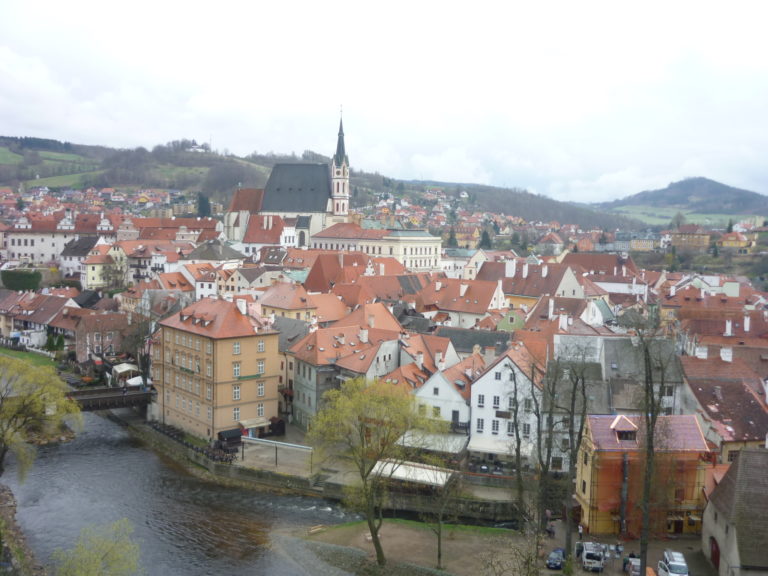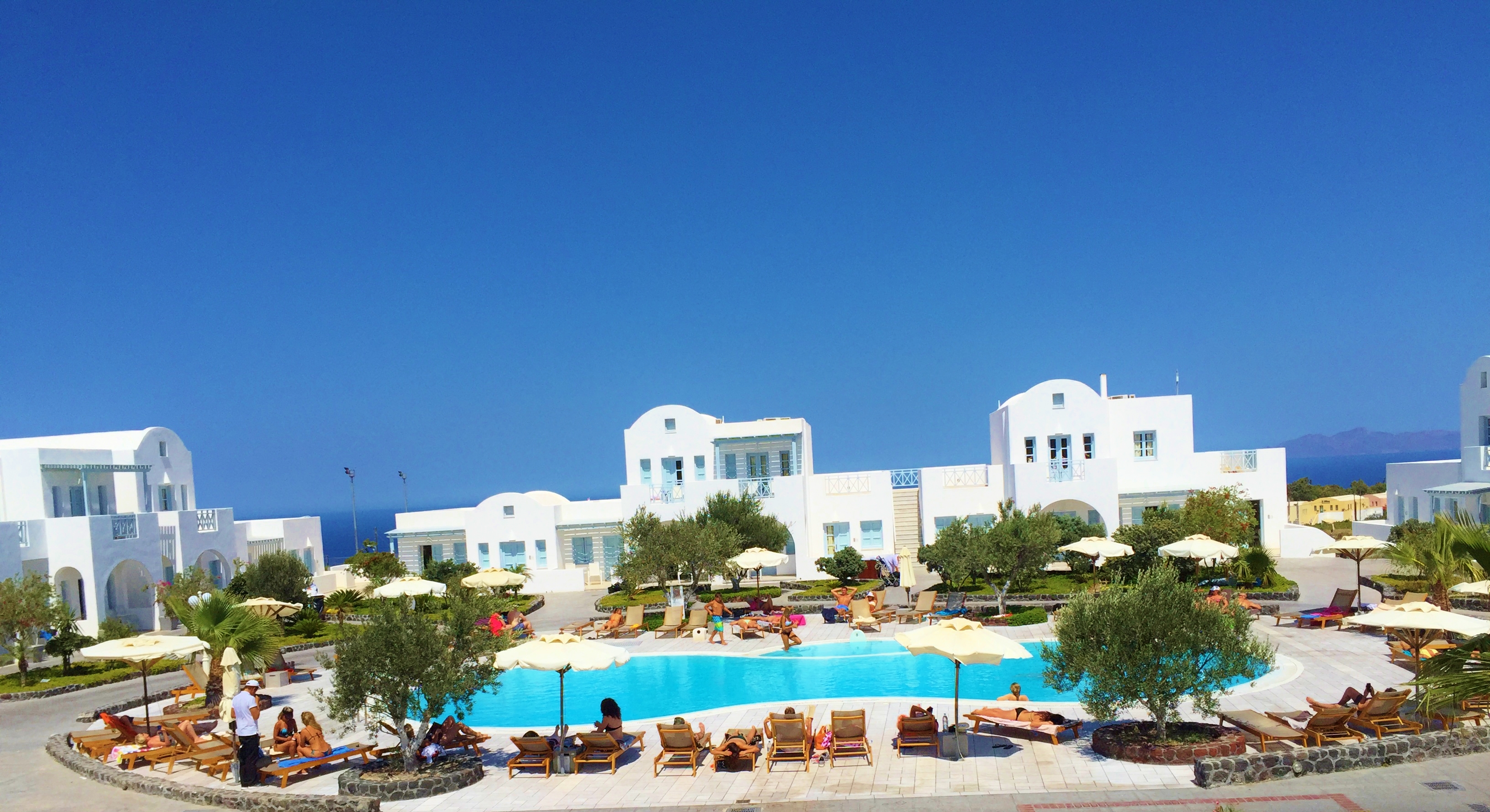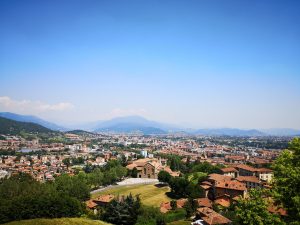As the world overall is shifting towards more sustainable lifestyles, travellers are more concerned about their hotel stays and choose the greener locations for added value.
We live in an era where human lifespan is longer than ever. Seeing is believing, as we are witnessing this elongated human cycle, we want to make the most of it.
Travelling is one of the best areas to feel in control when taking a decision, as our minds are relaxed and energy levels are high. Consequently, our conscious decision would be to add value to our planet while staying in an eco-friendly accommodation, which at the same time will relax our mind and body.

Hoteliers on the other hand understand this concept thoroughly and they are making their utmost efforts to ensure this nature-inspired stay for guests.
Environmentally responsible hotels follow the best practices of preserving nature and having minimalistic impact upon it. These hotels also contribute substantially to environmentally responsible practices and allow their guests to practice the ideal ways of green living.
Some of the best practices include incentives for local communities and craftsmen to build a nature resembling lodge or hotel and encouraging guests for the reuse of linens and towels, while decreasing their water and electricity consumption during their stay.
In addition, these hotels can refrain from using harsh cleaning detergents, pesticides or any chemical substance that would adversely affect human health and nature alike.

These eco-stays can range from staying in a small cabin shack in the woods, to a luxurious stay in a lush environment surrounded by scenery lakes, hills, seas, oceans or mountains. In any case, these lodging destinations try to blend in with their surroundings as much as possible, so that guests feel they are staying in nature itself, while enjoying the amenities of the accommodating party.
One of the most sought after third party certifications in this field is the LEED certification. It is given to best green building practices that prioritise the environment and nature when undertaking any construction, operation or maintenance activity.

According to LEED, buildings have a huge impact on the lives of inhabitants and the surroundings as well as on the overall planet. LEED covers many aspects of the building methodologies and techniques including the construction plans, materials, designs, interiors, maintenance among many other facets.
Similarly, some house owners are becoming more interested in sustainability and transforming their places of residence into a green oasis of relaxation and rejuvenation. These places are suitable for residence of the owners and recently other occupants can generally rent the houses through Airbnb as this is an added value feature where Airbnb supports environmentally friendly travel worldwide.






